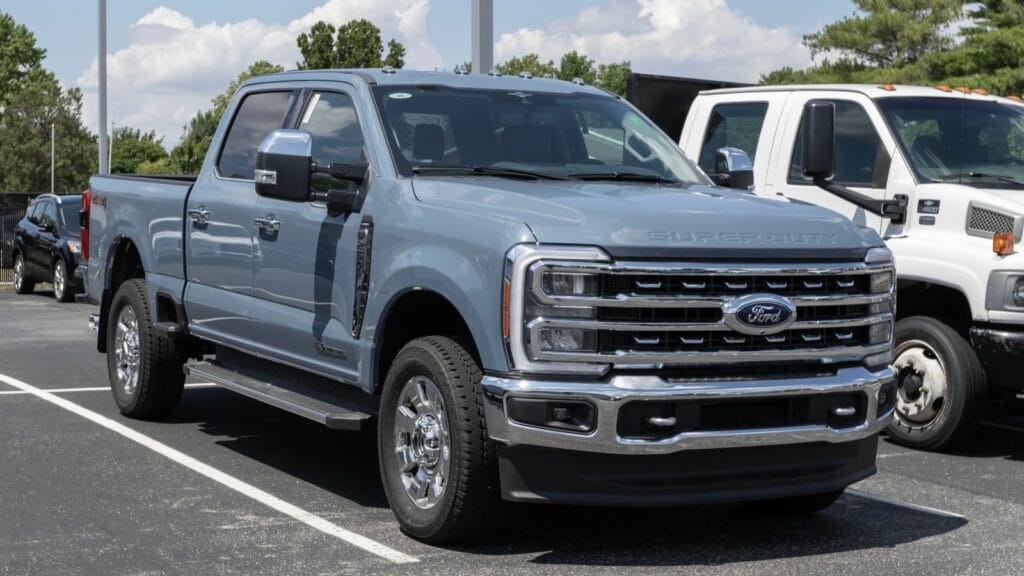Canadian drivers have always had a soft spot for pickups, but lately, a surprising number of popular trucks are being traded in at a faster rate than ever. High fuel costs, rising insurance rates, aggressive depreciation, and the lure of newer hybrid or electric models have all contributed to this shift. From once-iconic half-ton workhorses to flashy off-roaders, trucks are showing up on dealership lots in droves as owners rethink their long-term value. Here are 25 trucks Canadians are trading in at record speeds right now:
Ford F-150 EcoBoost (2015–2019)
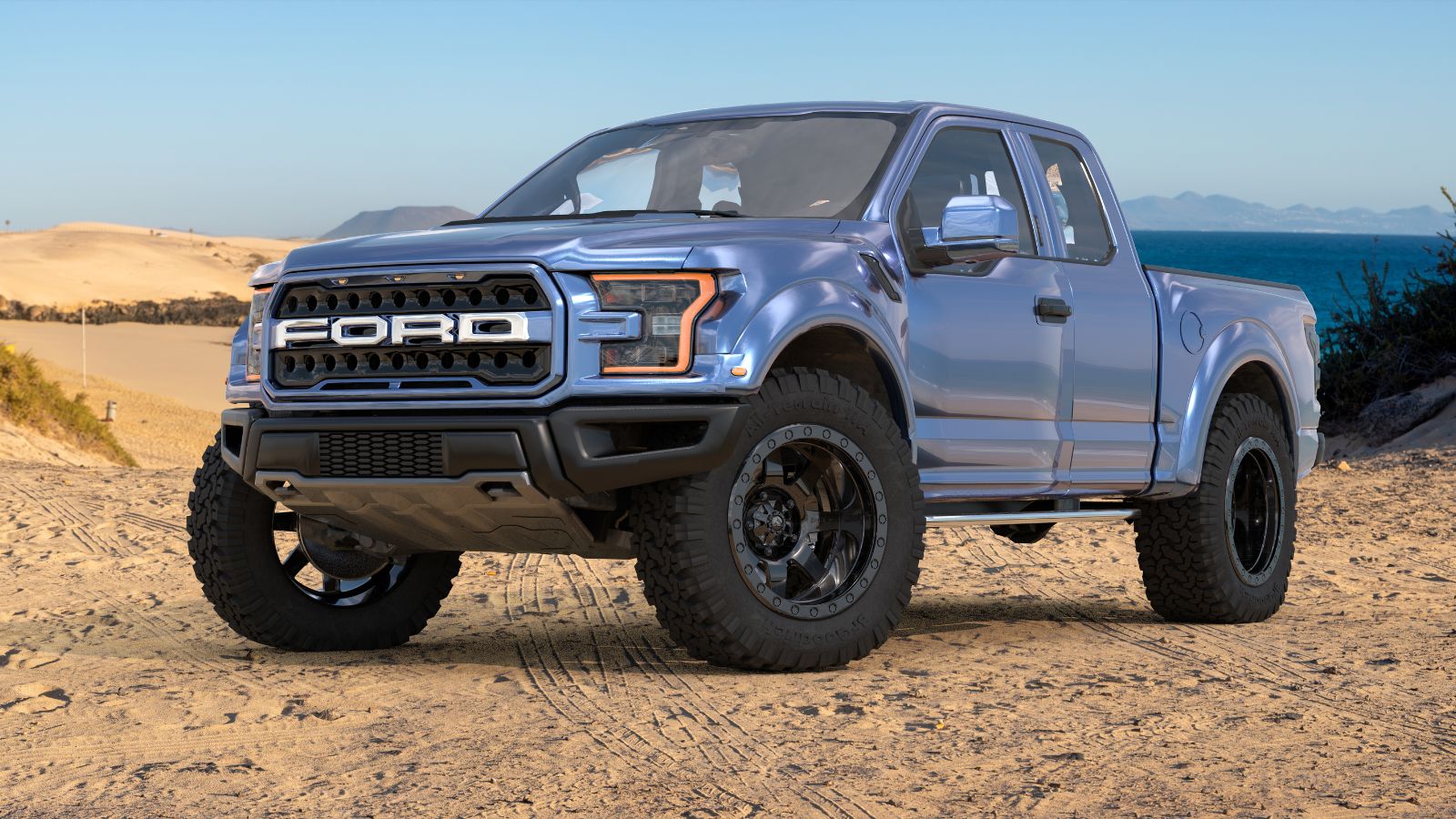
Despite being Canada’s best-selling truck for decades, the 2015–2019 Ford F-150 EcoBoost models are now flooding trade-in lots. Owners are increasingly wary of costly turbo-related repairs, especially after their warranties have lapsed. While the EcoBoost V6 offered solid towing and efficiency on paper, many drivers are reporting long-term reliability issues, and resale values that don’t hold up. High fuel prices and insurance premiums only add to the pressure. As newer electric or hybrid variants hit the market, many Canadians are trading in their EcoBoost F-150s before the value drops any further.
RAM 1500 Classic (2014–2020)
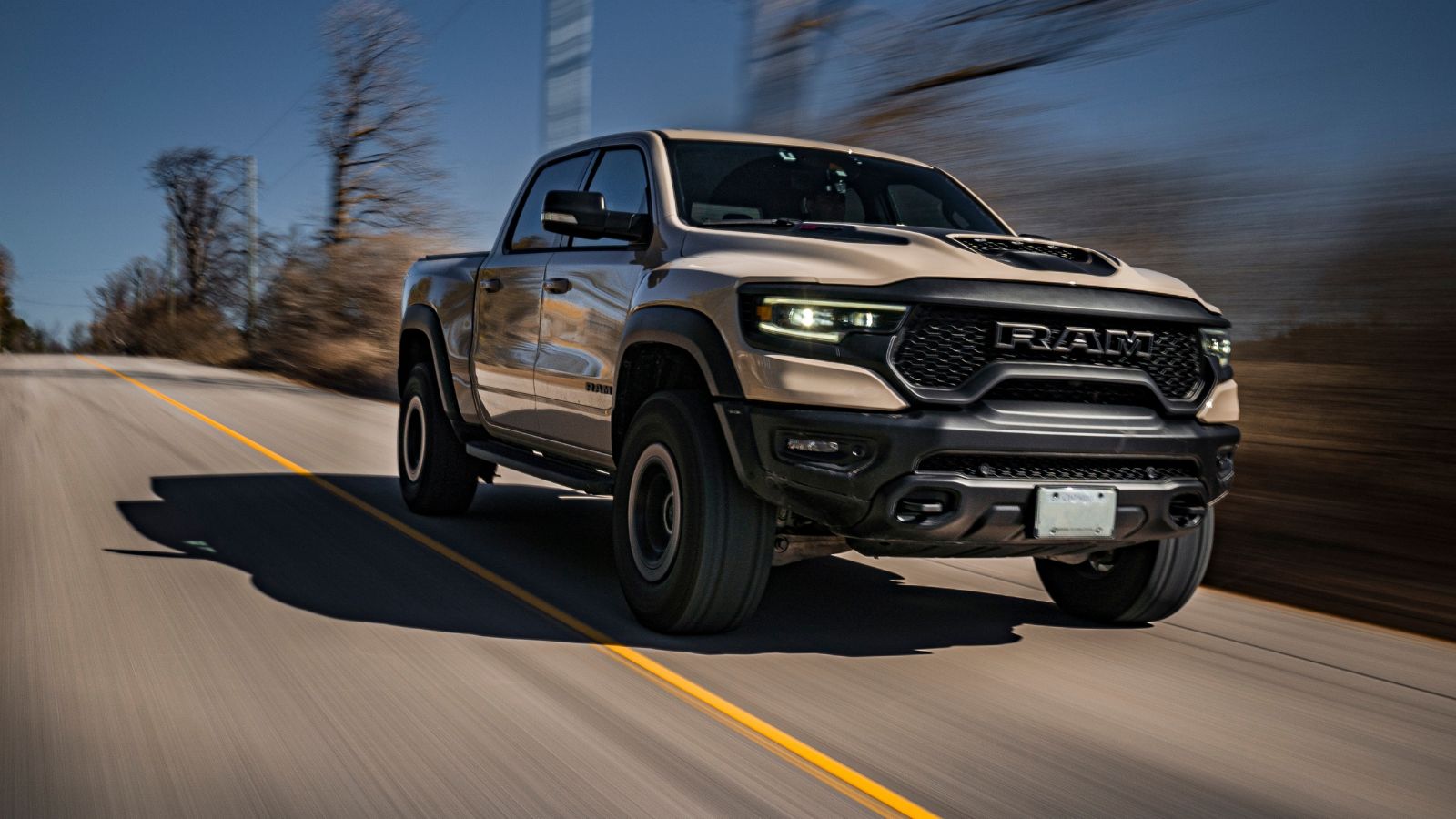
The RAM 1500 Classic was a budget-friendly staple, but today it has become one of the most commonly traded-in pickups across Canada. Many were used as fleet or construction vehicles and are now showing wear. Despite its rugged styling and HEMI V8 appeal, it lacks modern features and technology that today’s buyers expect. With rising fuel costs and improved fuel economy available in newer trucks, Canadian drivers are unloading these older RAMs at a record pace. Dealers are seeing them arrive with high mileage and limited resale demand, pushing trade-in volumes even higher.
Chevrolet Colorado (2016–2020)
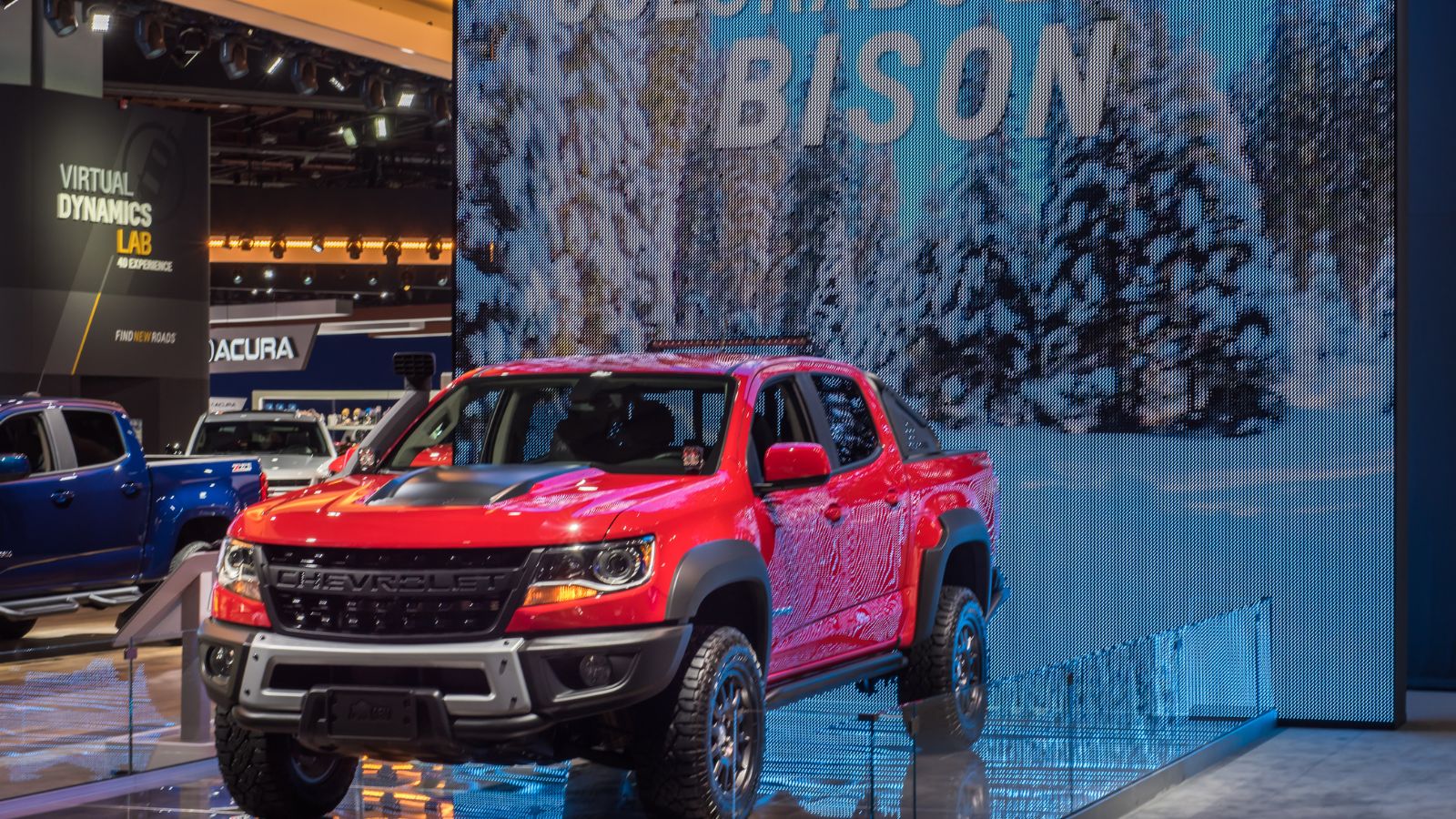
Once hailed as GM’s midsize comeback, the Chevrolet Colorado is now exiting Canadian garages faster than it arrived, as owners cite underwhelming towing capacity, poor reliability ratings, and cramped rear seating as growing sources of frustration. Diesel variants, while efficient, have not maintained their resale value and are more expensive to maintain and repair. With midsize alternatives like the Ford Maverick or hybrid Honda Ridgeline offering more practicality, the Colorado is losing its appeal. Many Canadians are trading in their Colorados while market demand for trucks remains high, hoping to avoid the inevitable depreciation curve.
GMC Sierra 1500 (2014–2018)
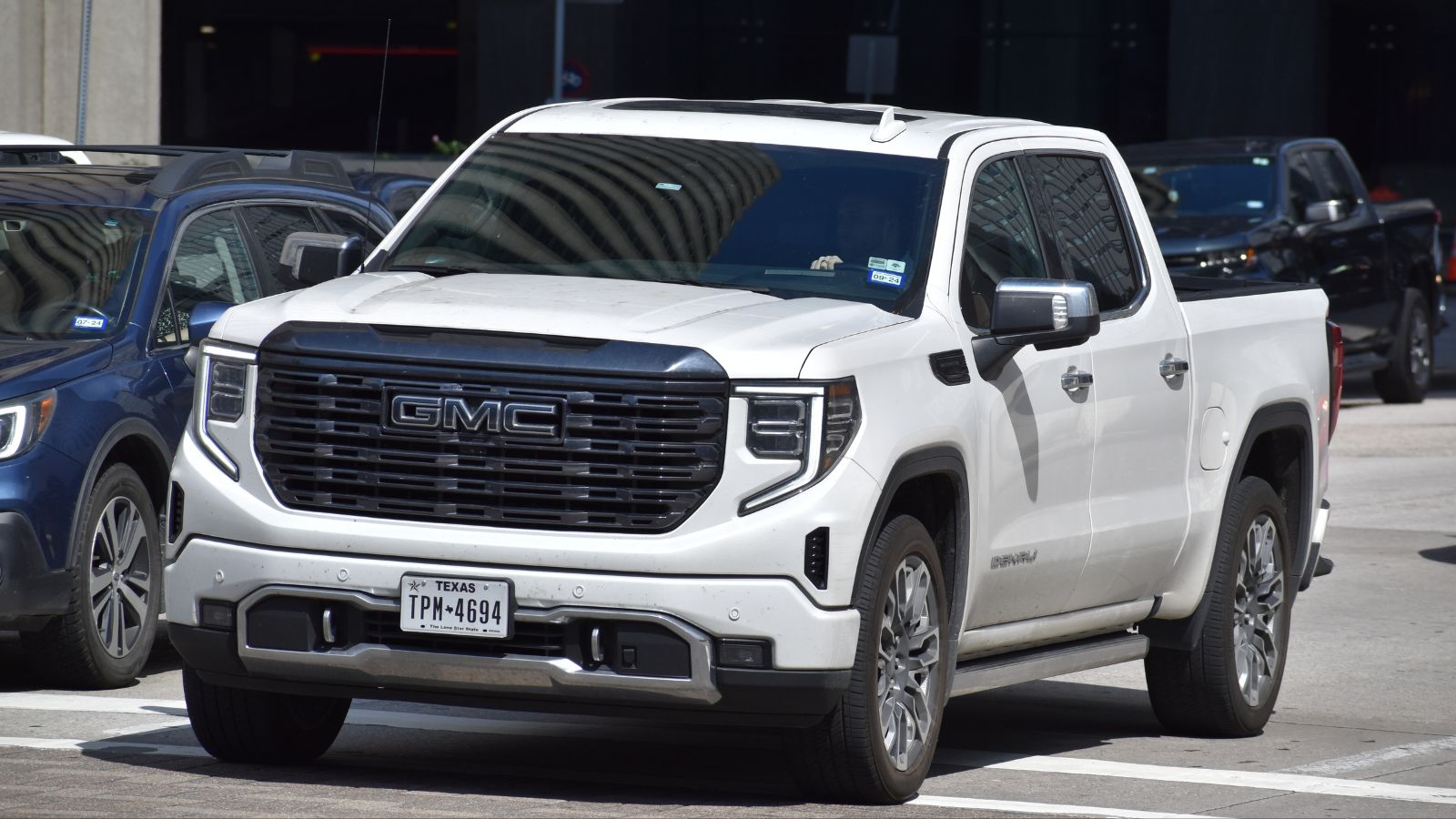
GMC’s Sierra 1500, once a luxury-leaning alternative to the Silverado, is being traded in at an accelerated pace, particularly pre-2019 models. Common issues, such as transmission shudder, failing infotainment systems, and rust-prone wheel wells, are wearing on owners, while even models with the 5.3L V8 are becoming less appealing as fuel costs continue to soar. Trade-in data indicates that these trucks are being replaced in driveways across Canada by more modern, full-size options with enhanced technology and improved durability. For many Sierra owners, the cost of repairs outweighs the current trade-in value.
Nissan Frontier (2005–2021)
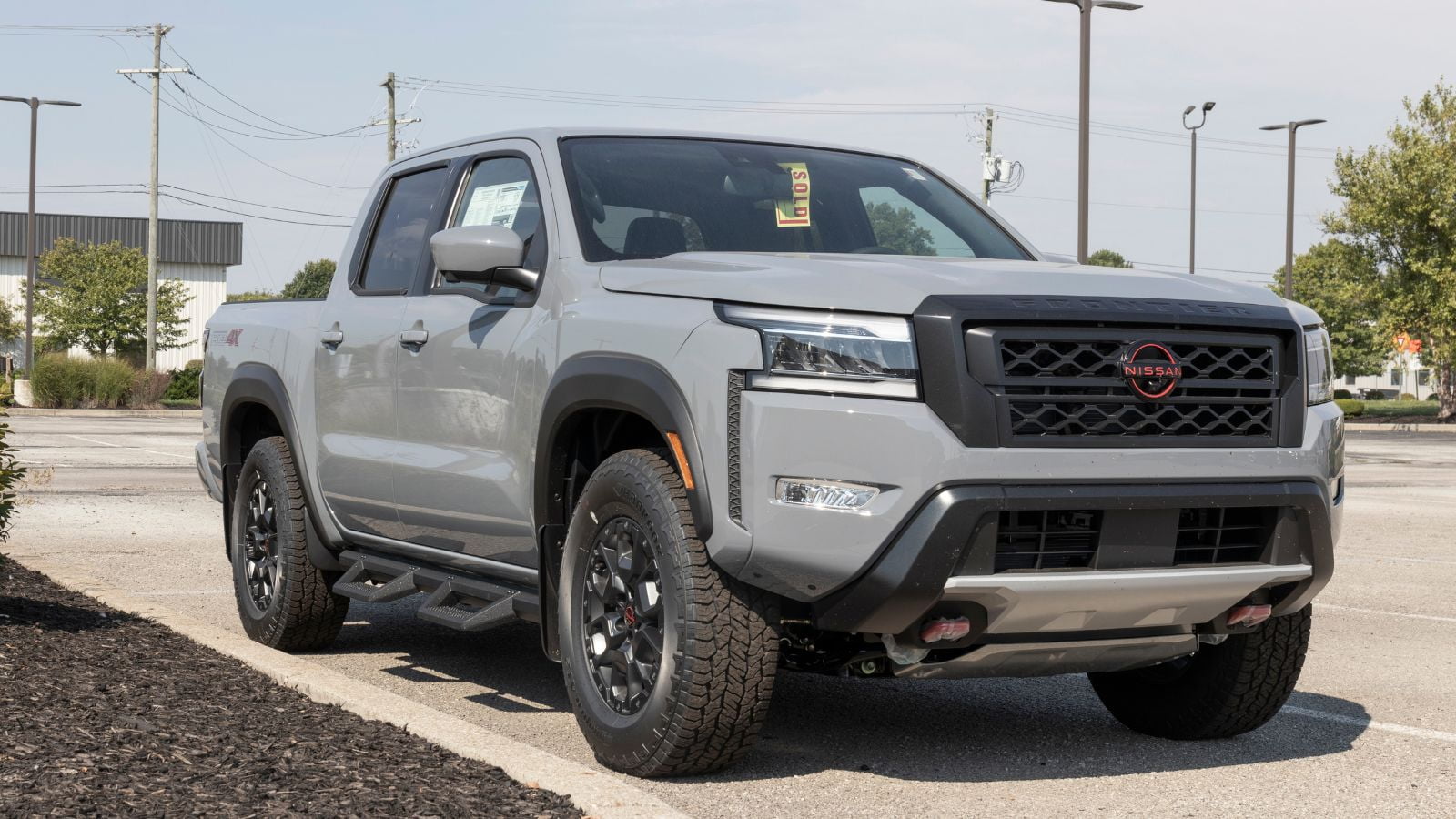
The long-running Nissan Frontier, virtually unchanged for over a decade, is finally wearing out its welcome. Despite its reputation for durability, the outdated interior, lack of modern safety features, and unimpressive fuel economy are major turn-offs in today’s market. Many Canadian drivers who initially chose a Frontier for its affordability are now trading it in for a more current model. With the redesigned 2022 model offering a significant leap forward, demand for older Frontiers has plummeted, prompting quick trade-ins before values decline further. This has also made dealers increasingly reluctant to stock them on used lots.
Toyota Tundra (2014–2021)
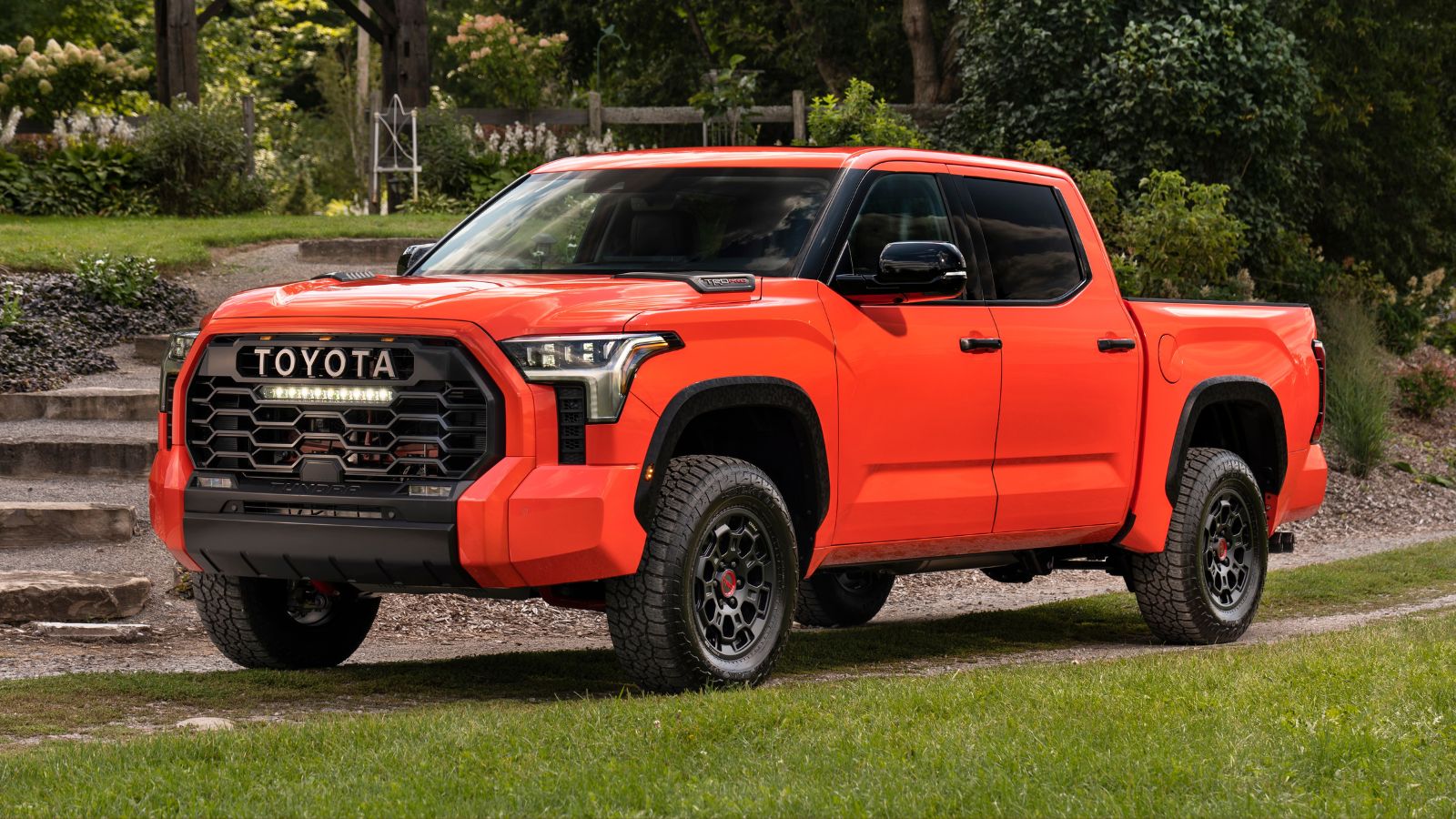
Despite Toyota’s legendary reliability, the previous-generation Tundra is being traded in more frequently than one might expect. Its thirsty 5.7L V8 doesn’t fit with today’s high fuel costs, and the lack of modern tech and ride comfort compared to newer rivals has pushed many Canadians to move on. The newer 2022 hybrid Tundra makes the old models feel even more dated. As incentives for electrified and fuel-efficient trucks increase, Tundra owners are seizing the moment to upgrade. At the same time, their trade-ins still hold decent value, especially in provinces where fuel prices are steep.
Honda Ridgeline (2017–2020)
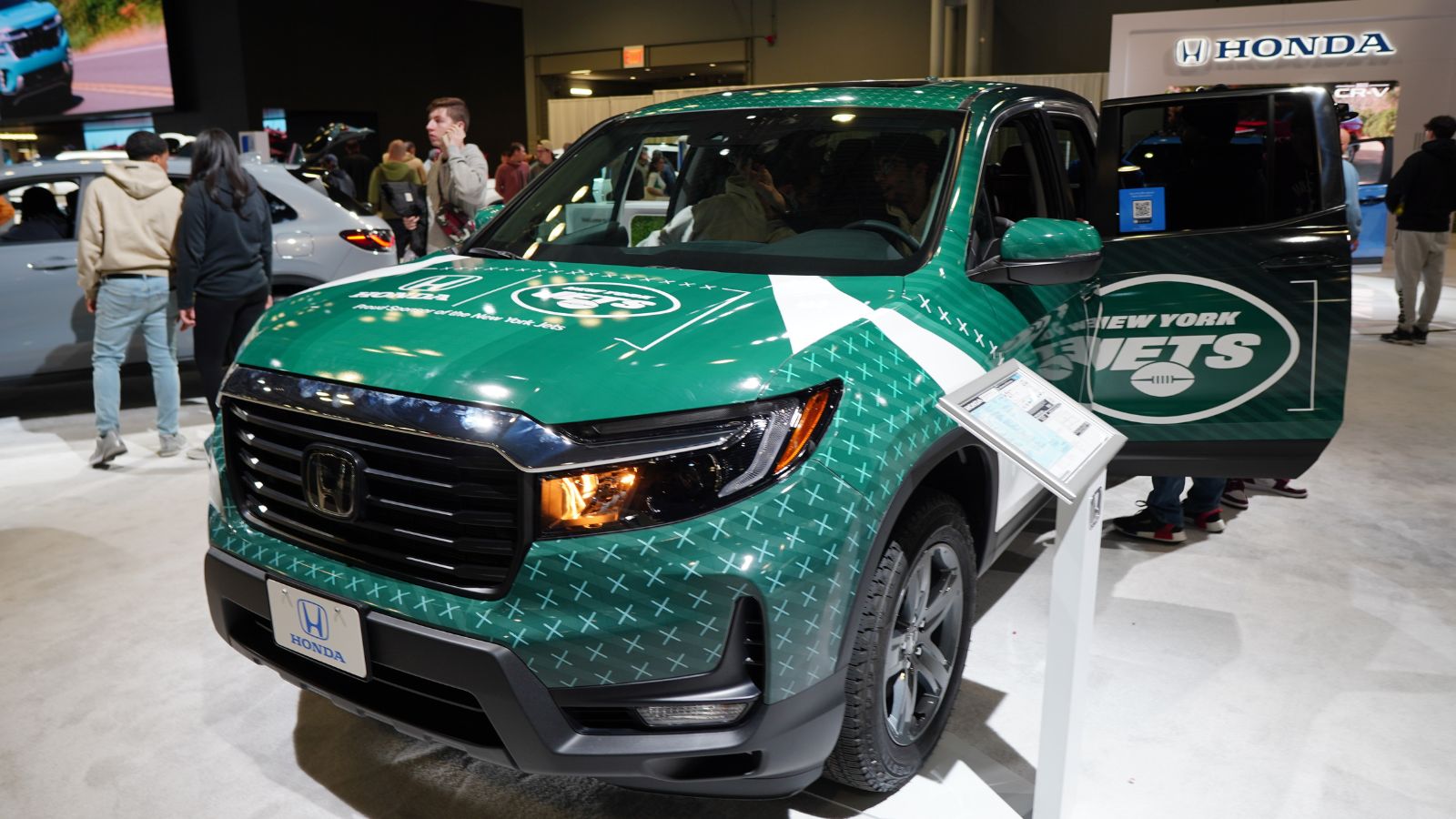
The Ridgeline attempted to blend SUV comfort with truck practicality, but it never quite earned the full respect of pickup enthusiasts. While it is praised for its smooth ride and unique in-bed trunk, its unibody frame and modest towing capacity leave many truck owners underwhelmed. In Canada, where weather and terrain demand rugged capabilities, Ridgelines are being replaced with more traditional body-on-frame options or hybrid alternatives. Additionally, high maintenance costs and lower-than-expected resale values are also accelerating trade-ins, especially as newer midsize trucks enter the market with improved technology and off-road appeal.
Ford Ranger (2019–2022)
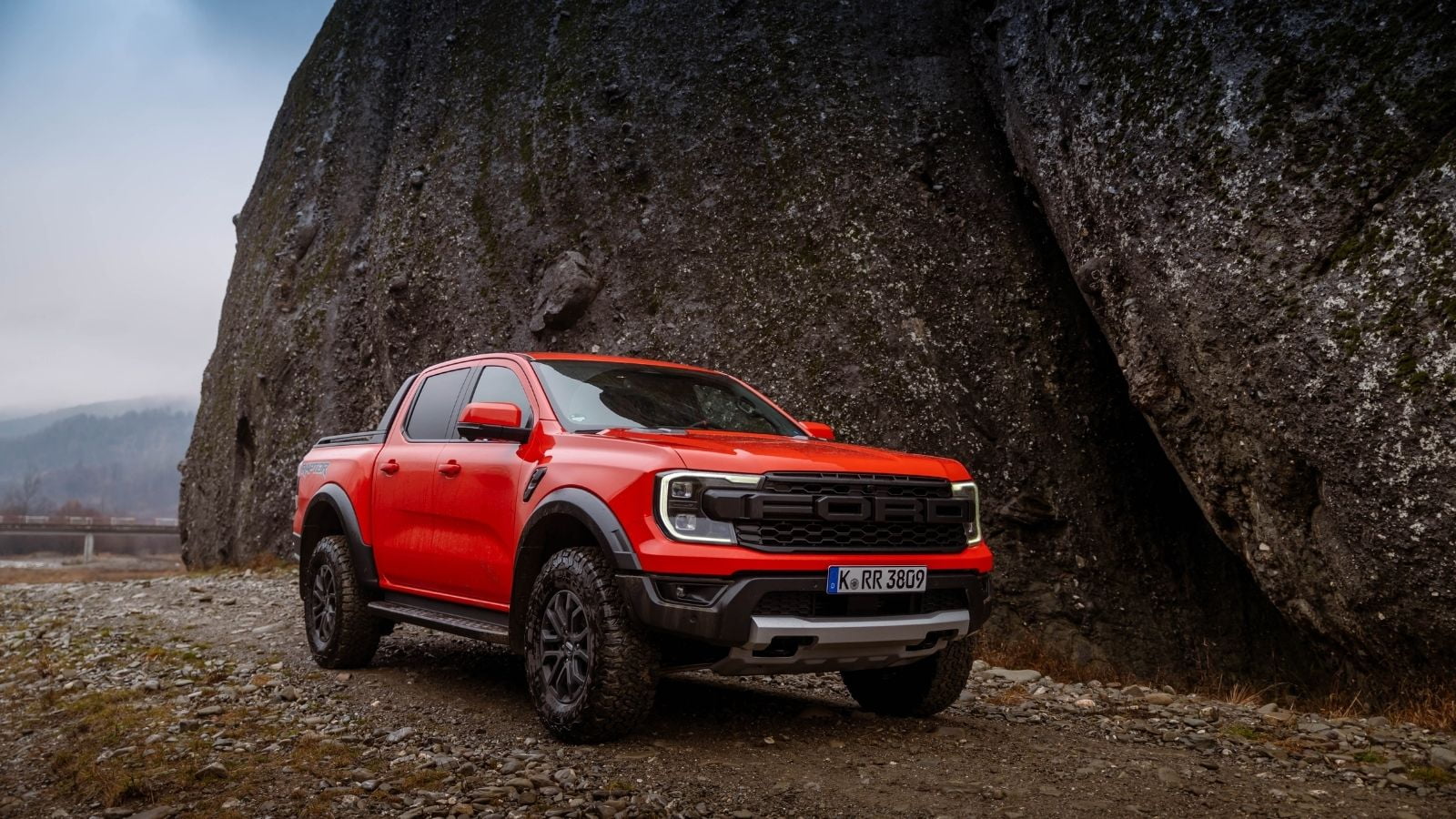
Ford’s return to the midsize truck market with the Ranger was met with hype, but many Canadian drivers are now cutting ties. Complaints around its stiff ride, dated interior, and limited cab options have prompted faster-than-expected trade-ins. The turbocharged 2.3L EcoBoost engine, while peppy, hasn’t been as fuel-efficient in real-world driving as advertised. With the next-gen Ranger promising a full redesign and improved comfort, owners of outgoing models are rushing to trade up before resale values drop. Dealers are also noting a consistent uptick in used Ranger inventory from across the provinces.
Chevrolet Silverado 1500 (2014–2018)
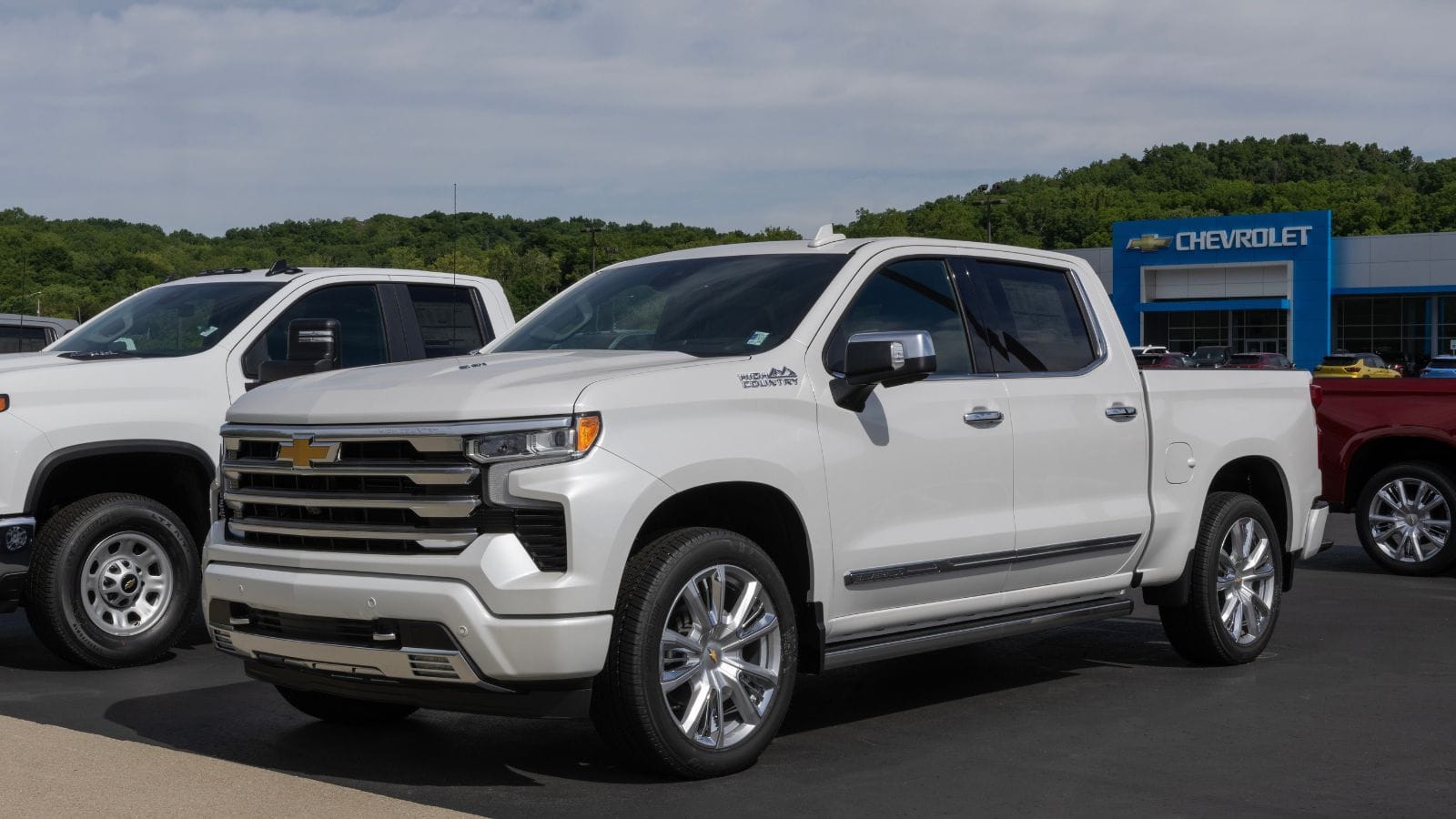
The Silverado 1500 from this generation is experiencing a surge in trade-ins, particularly among owners with high mileage. Issues with oil consumption, transmission hesitation, and rust-prone frames are increasingly driving Canadians to part ways with their vehicles. In a competitive segment, the Silverado’s aging infotainment and safety features don’t help its resale case. Add to that rising gas prices and improved alternatives from Ford, Toyota, and even GM’s own newer models, and many drivers see little reason to hang on, while some provinces are even seeing trade-in bonuses to get these trucks off the road.
RAM 2500 (2013–2017)
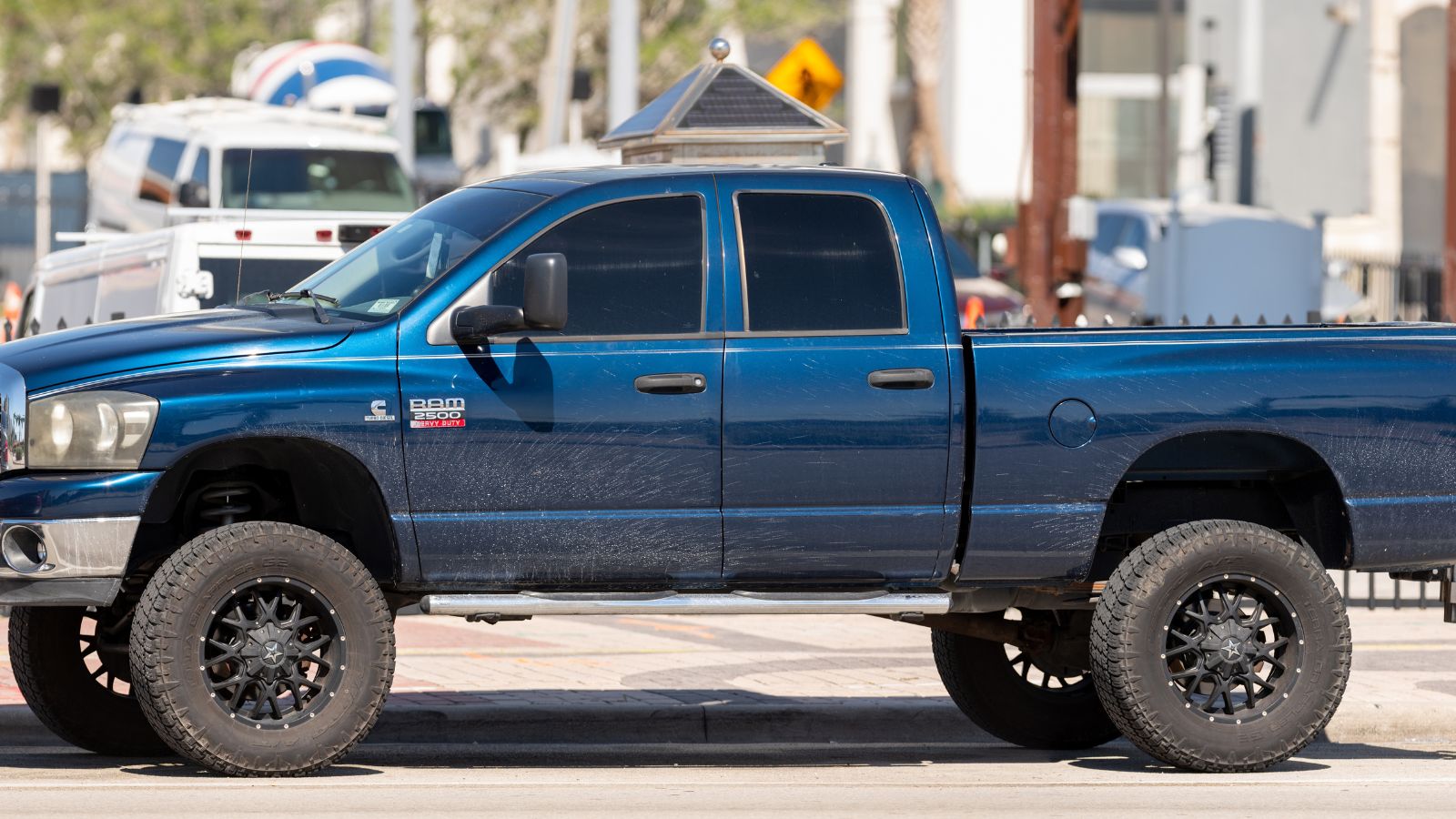
The RAM 2500 is a powerhouse, but it is also a maintenance-intensive beast, and Canadian owners are starting to reach their limits. Diesel variants, while great for towing, come with pricey maintenance and emissions-related headaches, as well as common suspension issues and front-end wear on older models. Now, with more efficient heavy-duty trucks on the horizon and changing regulations around diesel emissions, trade-in rates are climbing. Many rural and trades-focused drivers are opting for newer light-duty trucks that offer similar capability with far less hassle and cost.
Nissan Titan (2017–2021)
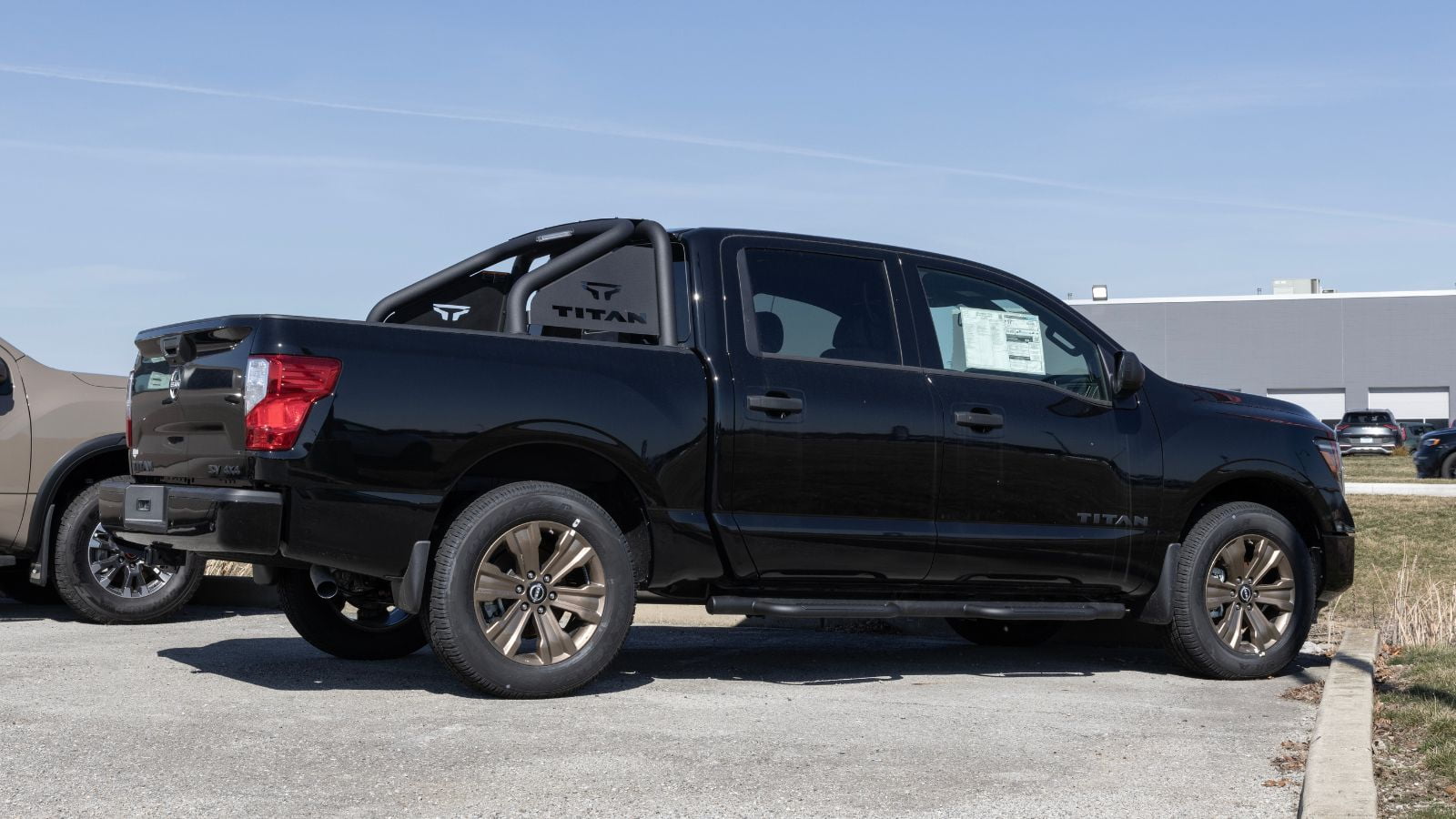
The Titan was Nissan’s bold attempt to break into the full-size truck market, but Canadian drivers never fully embraced it. Despite its decent power from the 5.6L V8, the vehicle’s fuel economy, resale value, and limited dealer support in rural areas have led to a growing number of trade-ins. The lack of model updates made it feel outdated quickly, and with Nissan announcing its discontinuation in North America, confidence in long-term ownership plummeted. Many owners are trading in now while there’s still market interest, opting for more established alternatives with better technology, towing capabilities, and reliability instead.
Ford Super Duty F-250 (2015–2019)
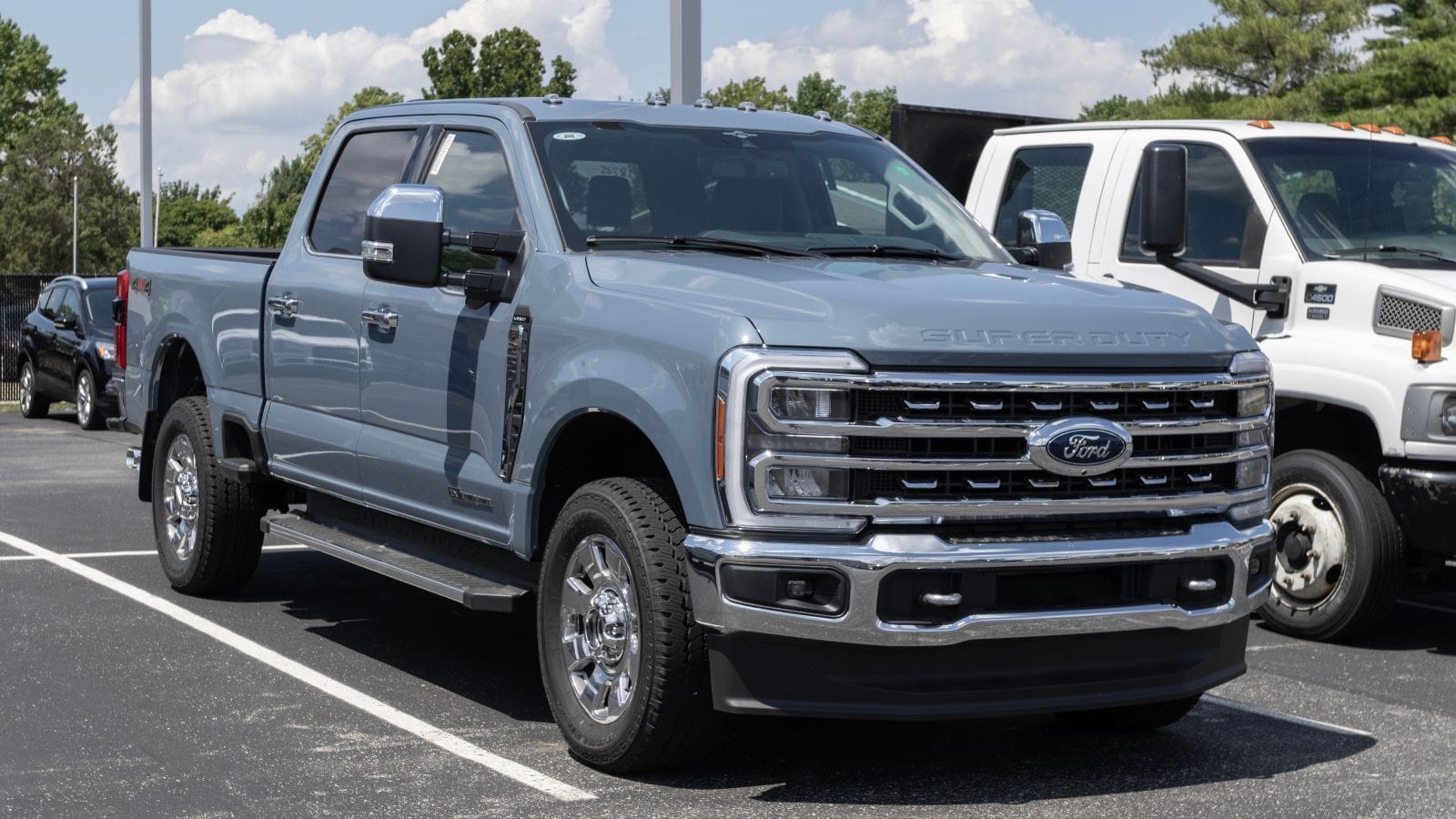
The F-250 Super Duty is a serious work truck, but in an era of emissions restrictions, rising diesel costs, and urban driving limitations, even hardworking Canadians are reconsidering. Older models often experience frequent DEF system issues, suspension wear, and high maintenance costs. While it’s a towing champ, many no longer need its full capacity and are switching to more practical half-tons or hybrid work trucks. Trade-ins have surged, especially in provinces where diesel restrictions are tightening, as owners offload their Vehicles before costly repairs or depreciation catch up with them.
GMC Canyon (2015–2020)
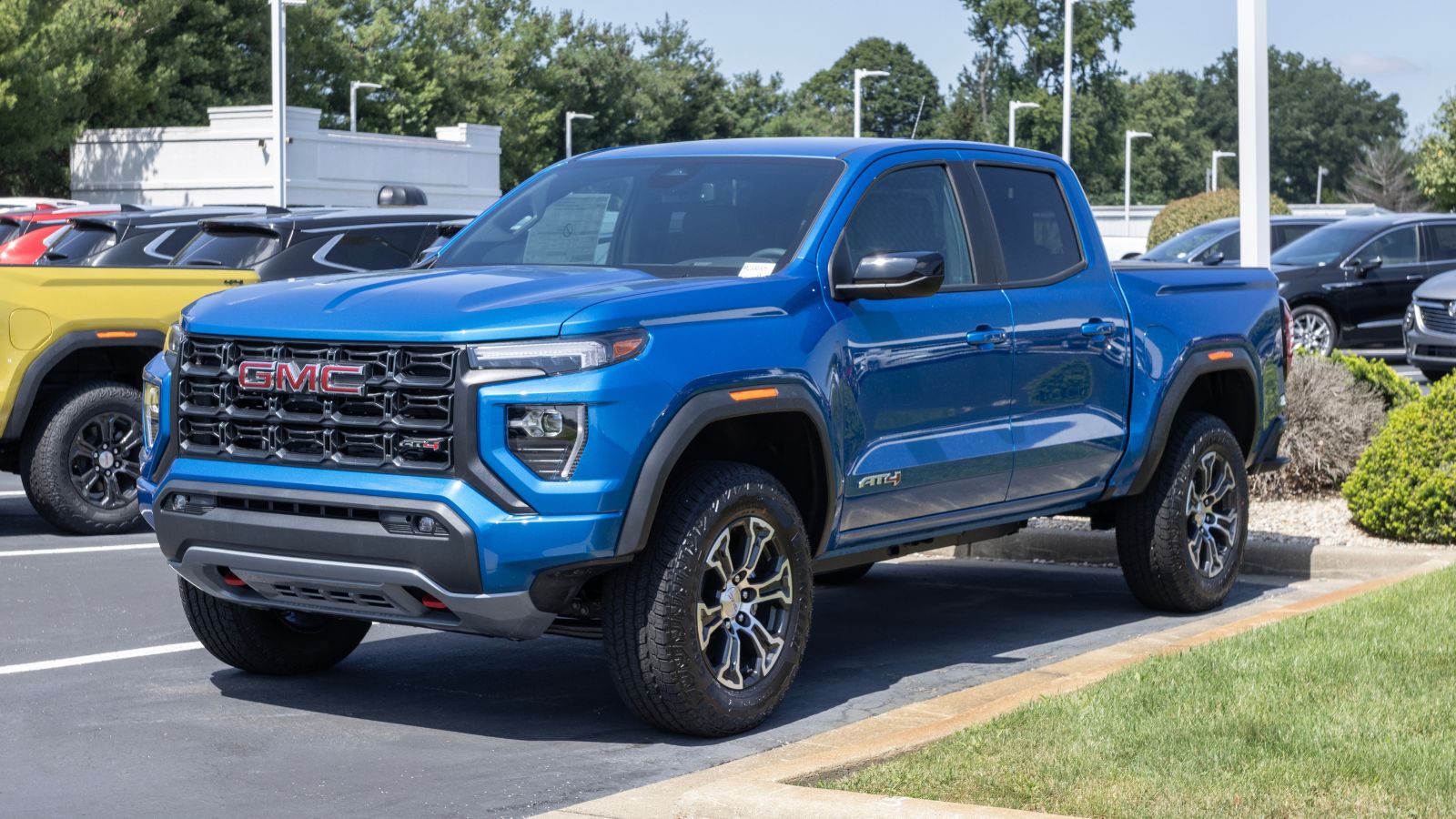
The GMC Canyon started strong as a premium midsize pickup, but cracks are starting to show. Owners report issues with shifting, electronics, and a towing ability that falls short of expectations. Many Canadians now see better value in newer alternatives, such as the Ford Maverick or compact SUVs with similar hauling capacity. As fuel prices bite and resale value softens, the Canyon’s higher price point no longer feels justified. At the same time, dealerships also report a steady influx of trade-ins, especially in urban centers where midsize trucks are increasingly seen as inefficient and difficult to park.
Toyota Tacoma (2016–2021)
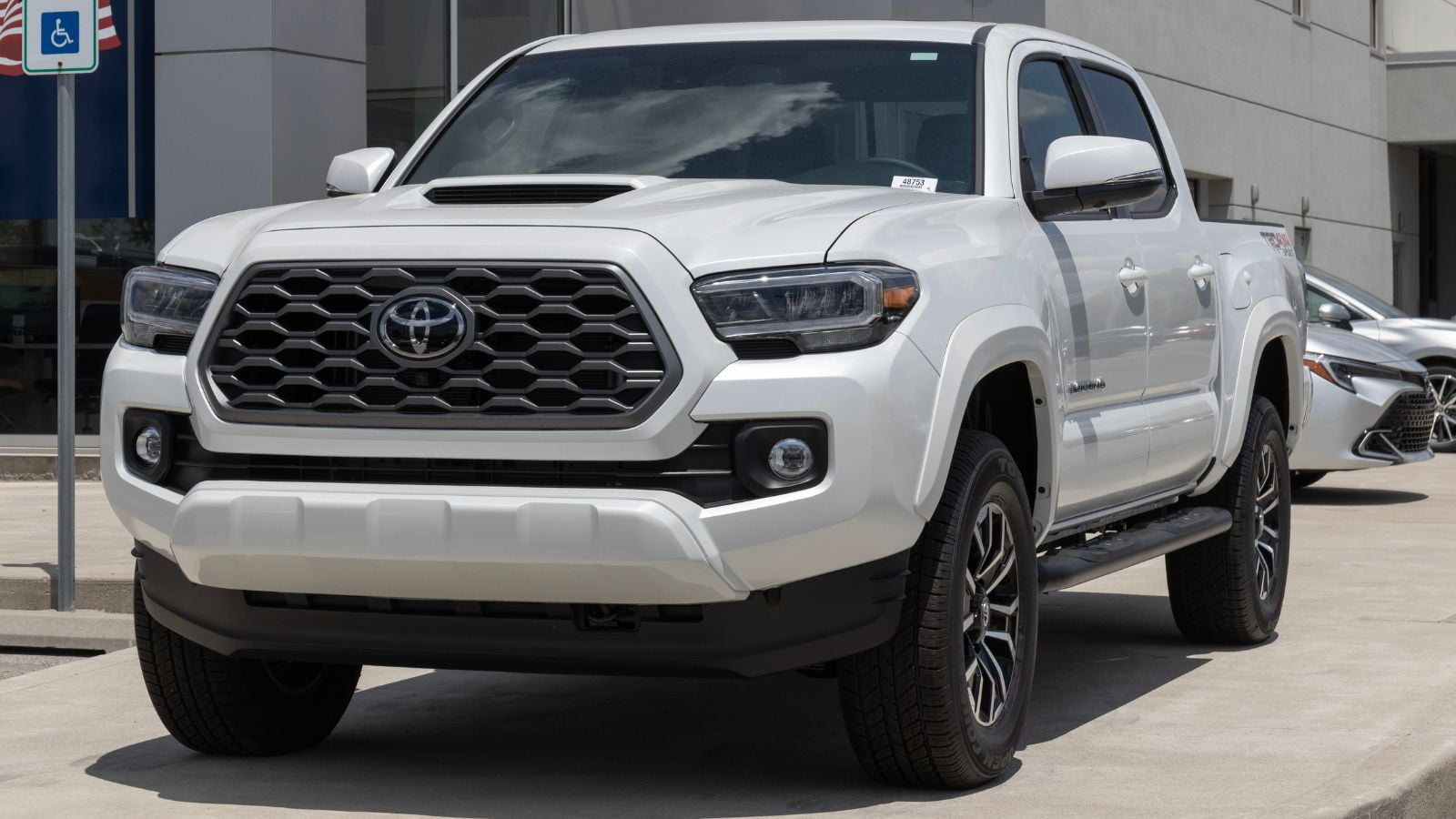
Once a bulletproof resale king, the Tacoma is seeing a decline in Canadian loyalty, as complaints about cabin comfort, rough ride quality, and dated infotainment have started to accumulate. Fuel efficiency isn’t stellar either, and newer competitors now offer better tech and smoother road manners. Some Canadian drivers are realizing they paid a premium for reliability but gave up daily driving comfort, and many are trading in for hybrid SUVs or even full-size trucks that offer more versatility.
Chevrolet Avalanche (2011–2013)
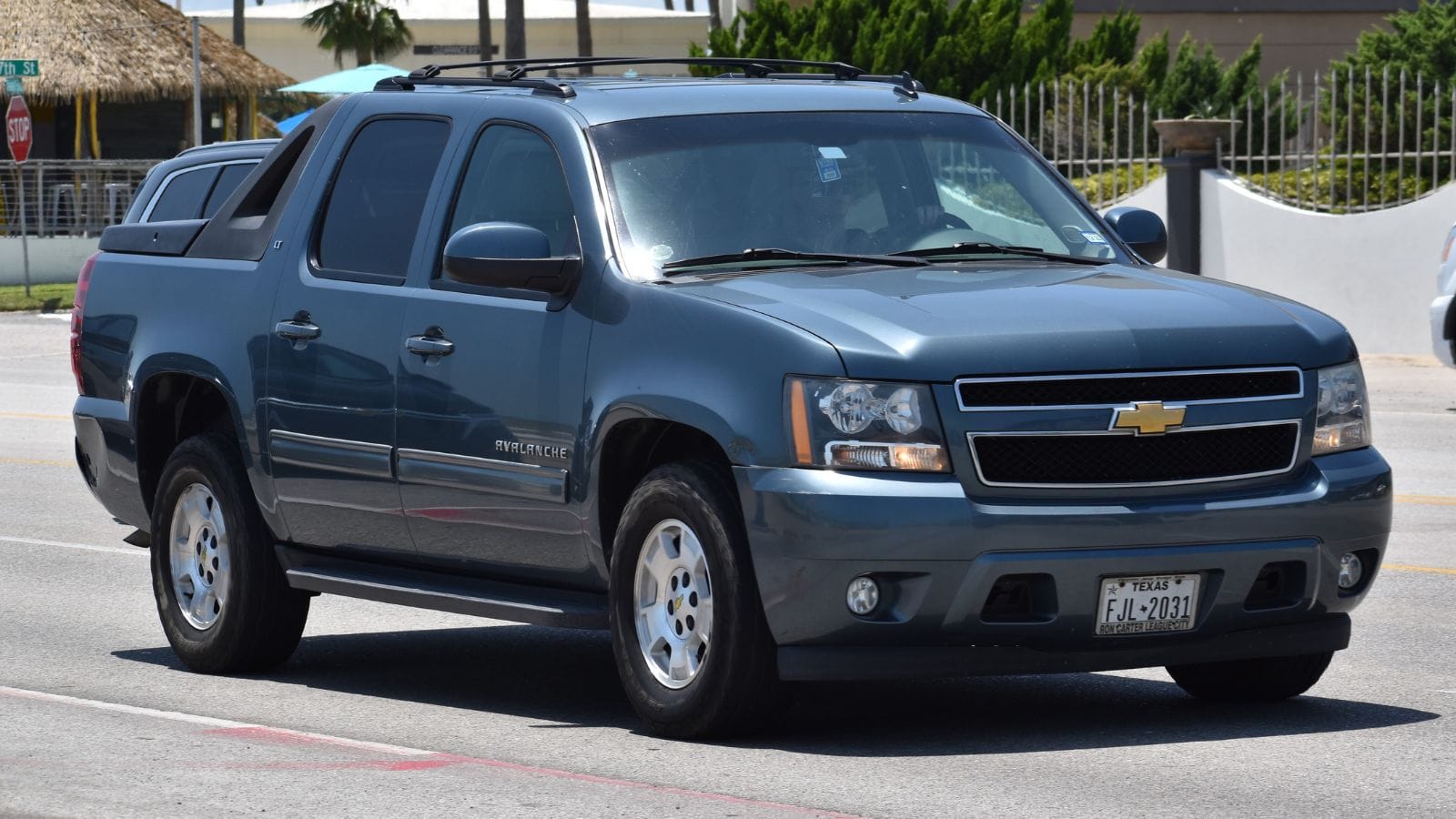
Although technically discontinued, used Chevrolet Avalanches are being traded in or sold quickly as they reach the end of their lives. Known for its unique blend of SUV and truck capabilities, the Avalanche was ahead of its time; however, aging parts, limited availability, and challenging maintenance have led to growing dissatisfaction among owners. Owners are finding it harder to justify repairs on vehicles with outdated technology and dwindling parts support. With electric trucks and full-size hybrids now on the scene, many Avalanche loyalists are finally saying goodbye and trading in while they still can.
Dodge Dakota (2008–2011)
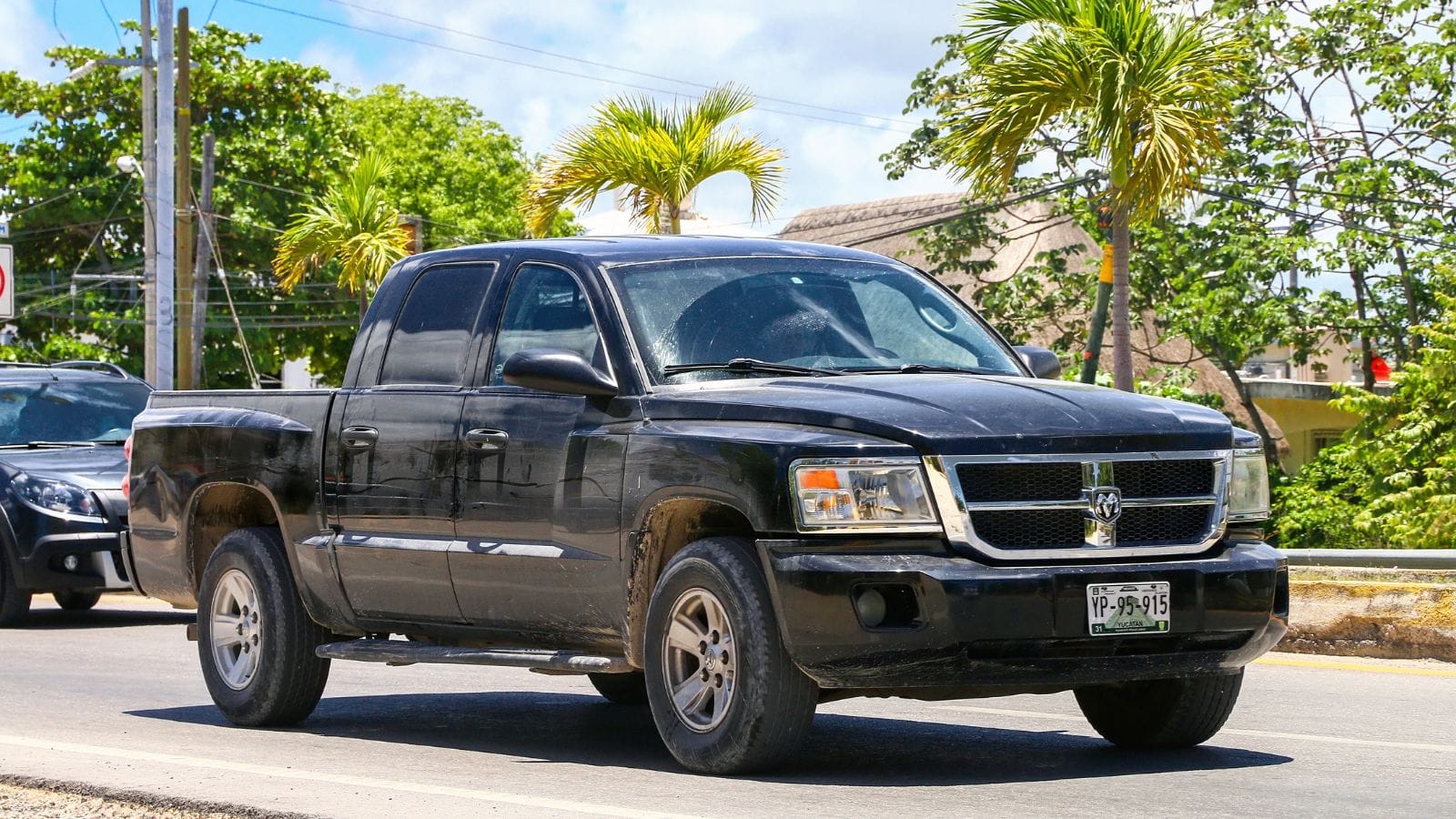
The Dodge Dakota once occupied a perfect middle ground, offering more muscle than a compact and less bulk than a full-size vehicle. But as it ages, Canadians are rapidly trading them in because parts are harder to find, fuel economy is poor, and its outdated cabin tech and ride quality lag behind even decade-old competitors. Many Dakotas still on the road face frame rust and drivetrain fatigue. Owners seeking similar utility now prefer newer midsize entries, such as the Honda Ridgeline or Ford Maverick, which offer more comfort and modern safety features for daily driving.
Suzuki Equator (2009–2012)
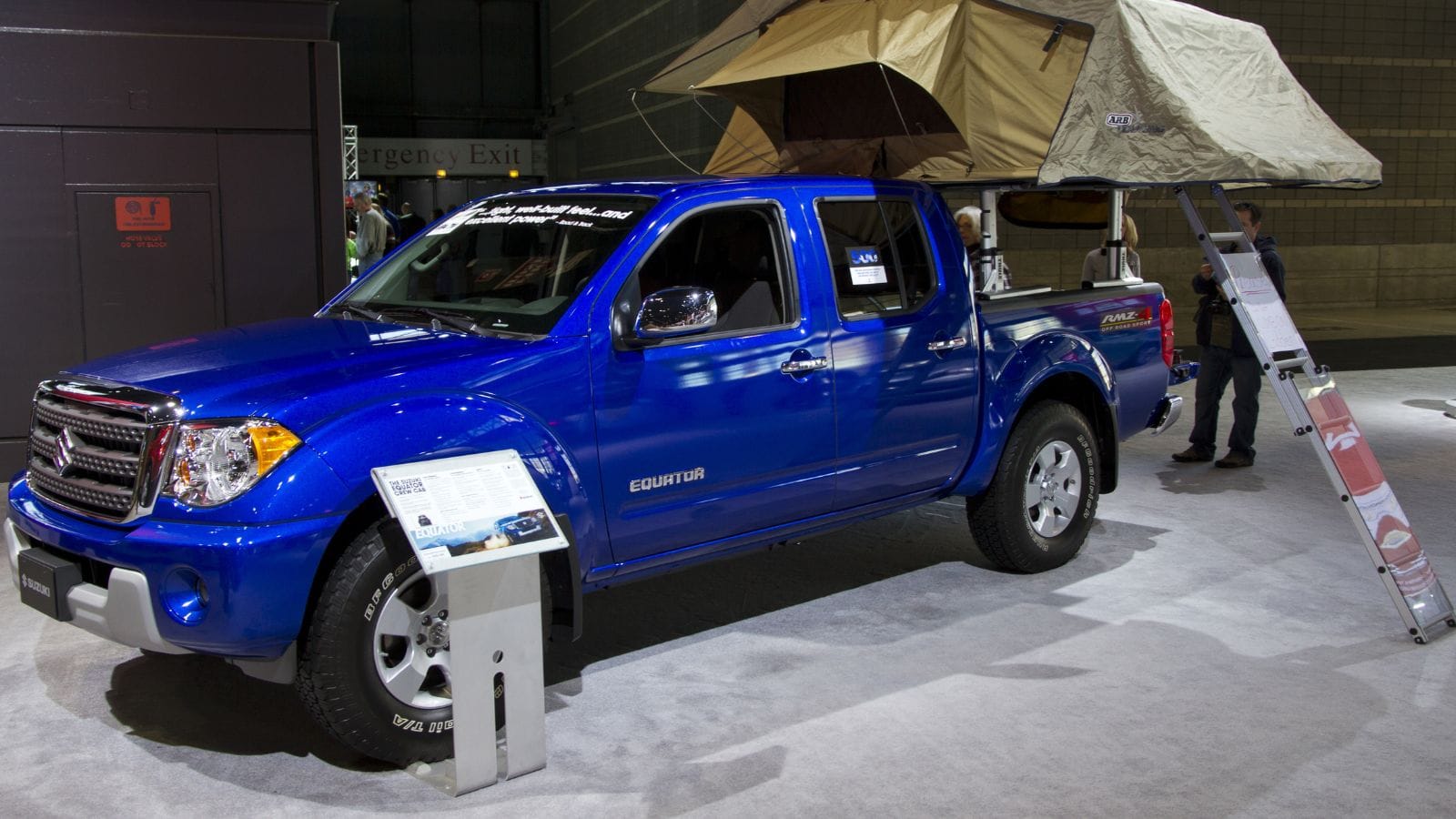
Suzuki once made a truck, and Canadians are still trading them in when they can. The Equator was a rebadged Nissan Frontier with minimal market impact and almost no brand support. Today, it is all but extinct on Canadian roads as parts can be hard to source, and resale value is nearly nonexistent. As more buyers seek better-known midsize alternatives, the handful of sellers are selling the Equator, and for anyone still driving one, finding a dealer who will take it is becoming more valuable than trying to squeeze out a few more months of use.
Ford Explorer Sport Trac (2001–2010)
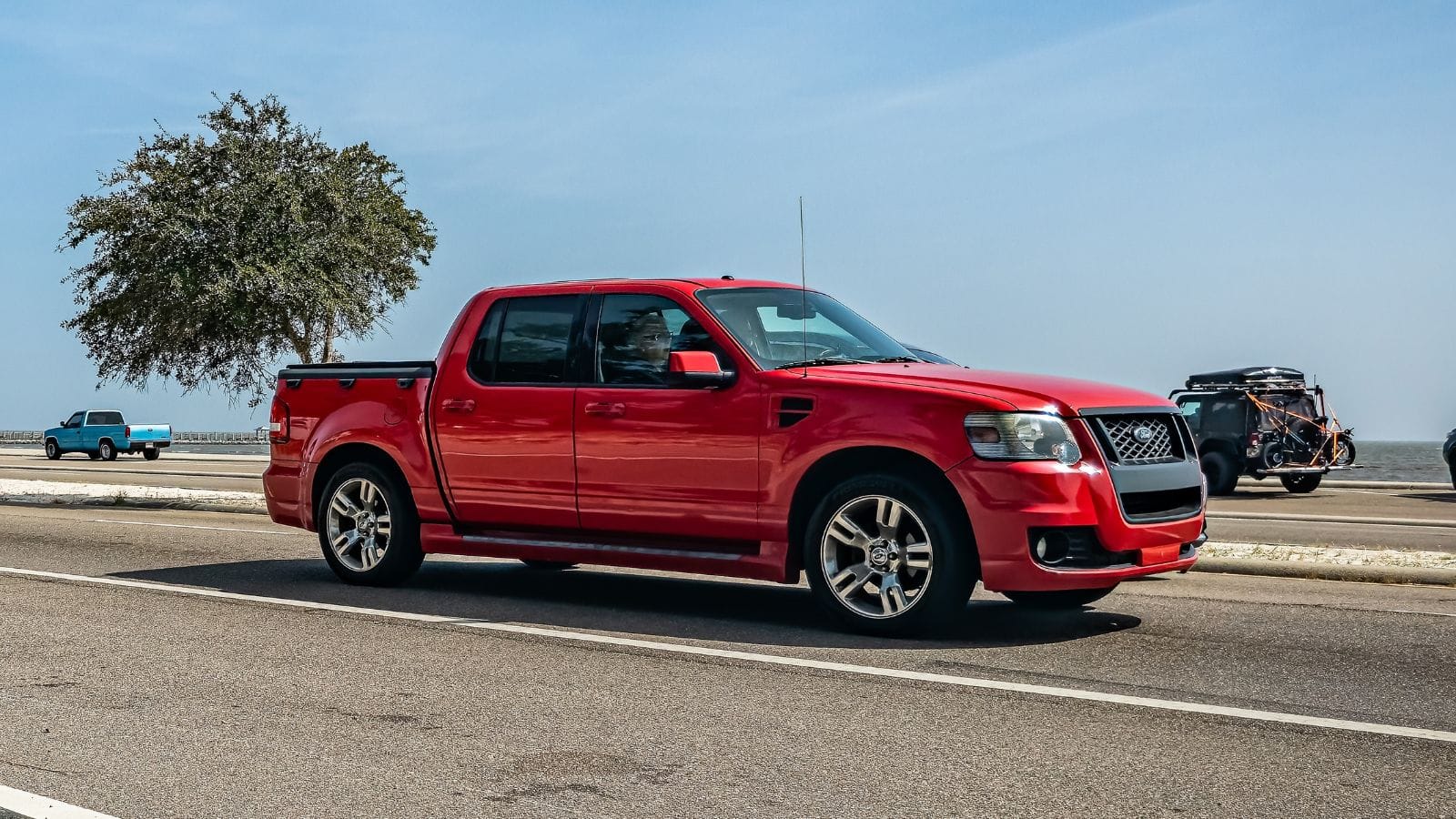
This SUV-truck hybrid once offered a clever compromise for Canadians who wanted both a five-seat interior and an open bed. But its awkward proportions, lack of towing strength, and weak aftermarket support have sent it into steep decline, and owners are finding fewer reasons to keep a Sport Trac on the road in 2025, especially as crossover pickups become more compelling. Combined with the rising cost of parts and declining fuel efficiency, many are trading in their Sport Tracs while demand still lingers in niche rural markets.
Hummer H2 SUT (2005–2009)
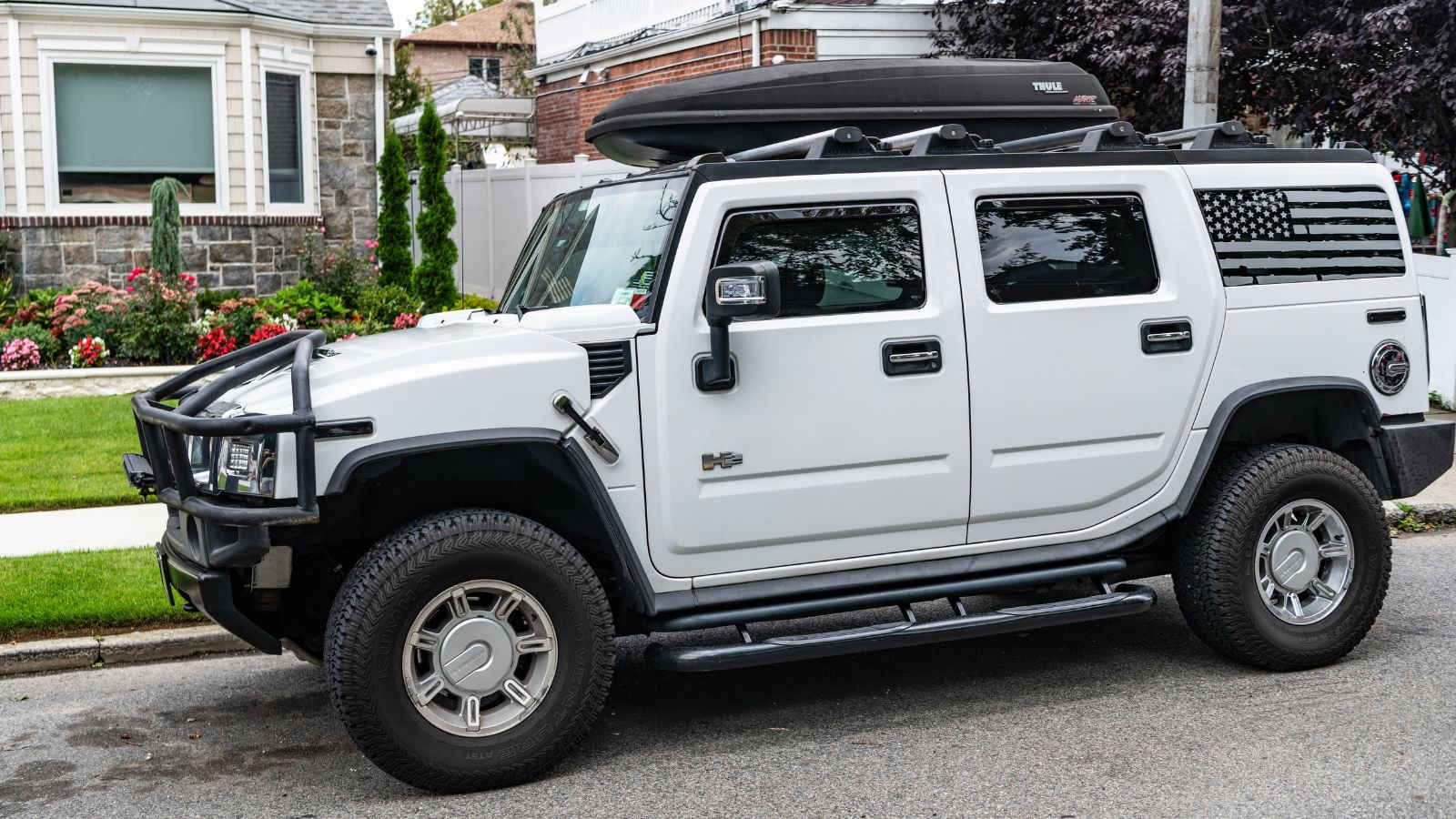
The Hummer H2 SUT once roared down Canadian highways as a bold luxury pickup, but today, it is a liability. Weighing over 3,000 kg with single-digit fuel economy, this beast is ill-suited for a country grappling with climate-conscious policies and rising gas prices. Owners face skyrocketing insurance premiums, heavy taxes in urban low-emission zones, and limited resale markets. Although a few enthusiasts still prize them for their off-road capabilities, most Canadians are trading them in quickly, especially as the all-electric Hummer EV steals the spotlight and makes the original look prehistoric.
Mitsubishi Raider (2006–2009)
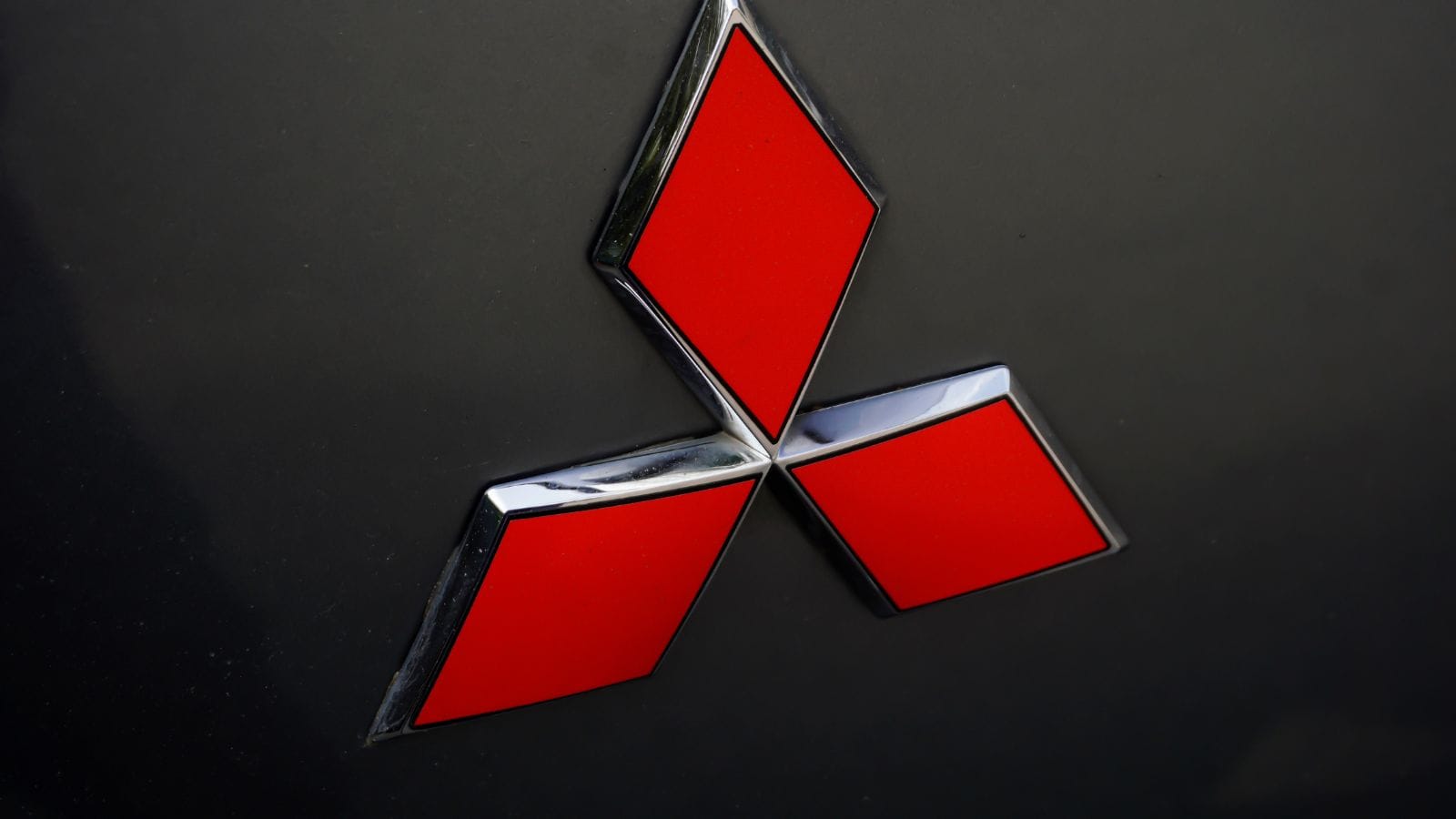
A forgotten badge on Canadian roads, the Mitsubishi Raider is one of the rarest pickups out there, and that’s exactly why it is being ditched. Based on the Dodge Dakota, the Raider offered little brand identity or support in Canada, and now, over a decade old, it suffers from a dwindling parts supply and dated safety standards. Owners lucky enough to find buyers are trading them in before reliability becomes a serious concern, and with Mitsubishi out of the North American truck game entirely, the Raider is quietly exiting Canada’s pickup scene for good.
Isuzu i-Series (2006–2008)
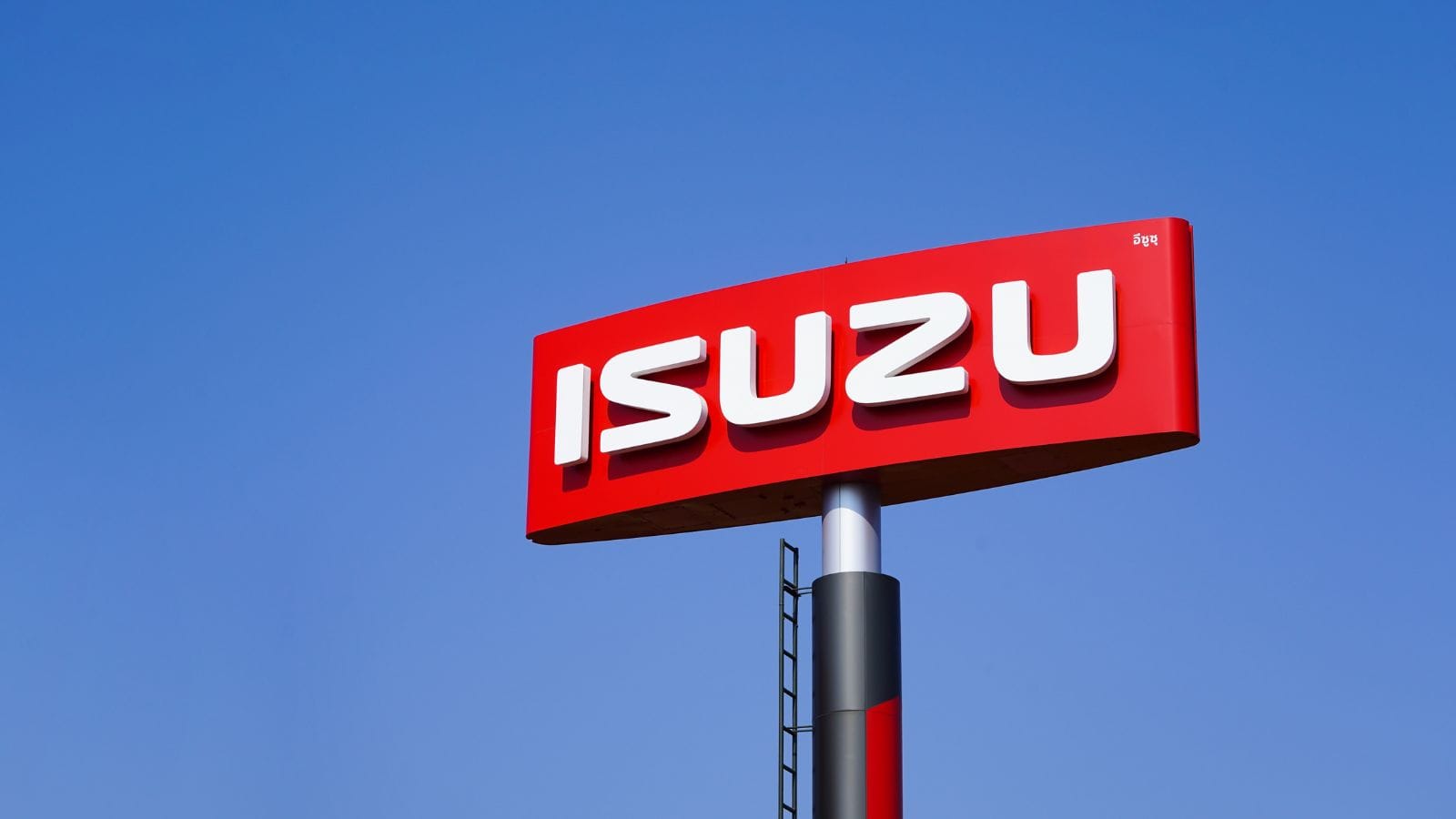
An obscure badge in Canada, the Isuzu i-Series was essentially a rebadged Chevrolet Colorado, and Canadian buyers never really connected with it. Sparse dealer support, anemic resale value, and a lack of brand recognition sealed its fate early on, while those still driving one are trading it in due to aging components and limited parts availability. As a result, these trucks are disappearing rapidly from Canadian roads. For owners seeking reliable midsize replacements, today’s offerings deliver far more in terms of safety, technology, and fuel efficiency than the short-lived i-Series ever could.
RAM 3500 Diesel (2012–2016)
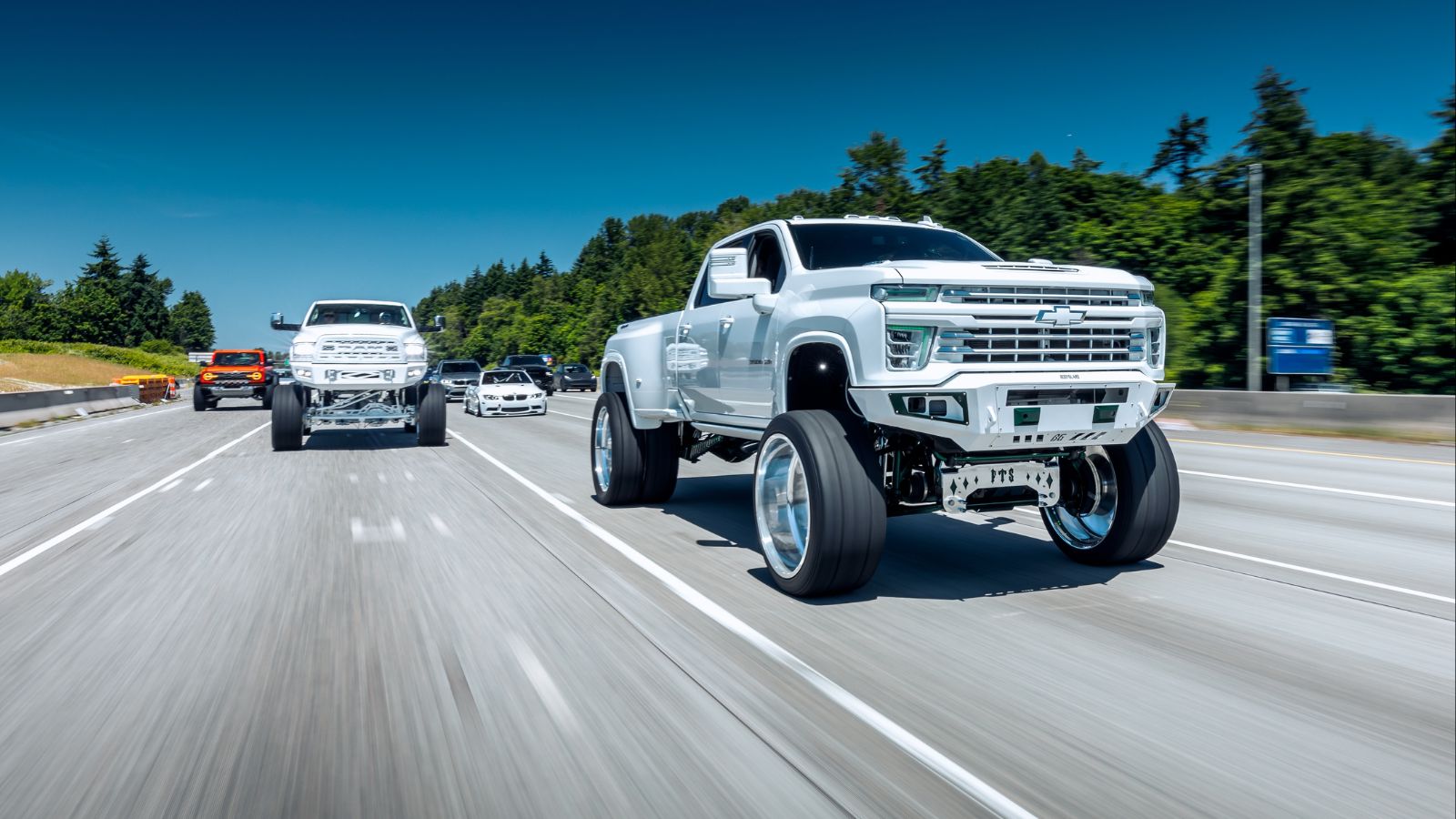
Heavy-duty diesel trucks once symbolized rugged capability, but more Canadians are letting go of their RAM 3500s than ever. Aging Cummins engines may still pull like freight trains. Still, increased diesel prices, DEF maintenance headaches, and new emissions restrictions are driving owners to trade in before the costs of regulations or repairs become too high. In urban areas, these large trucks are exceptionally inconvenient, and buyers who no longer need extreme towing are switching to more fuel-conscious half-tons or plug-in hybrids.
Mazda B-Series (1994–2009)
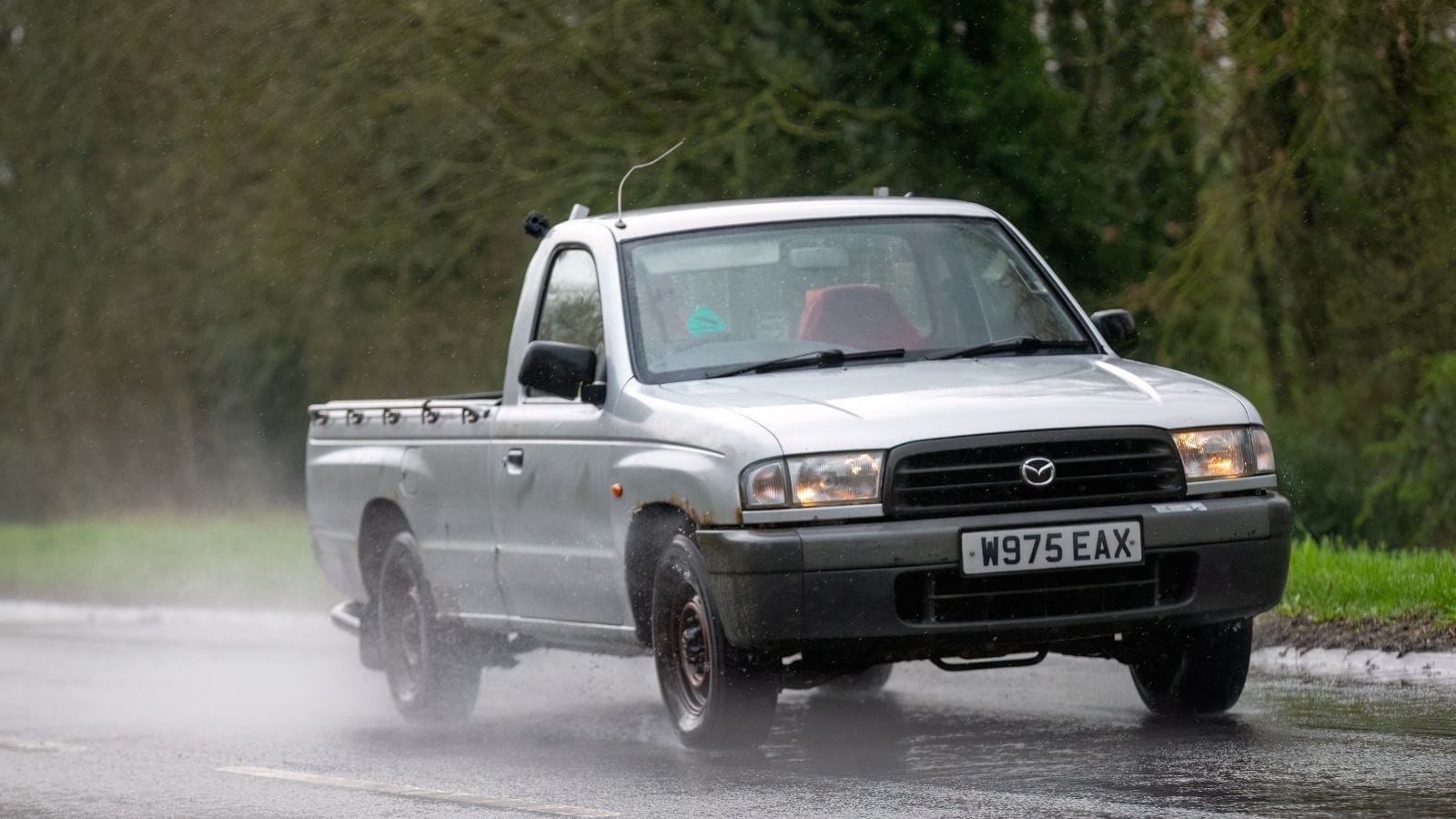
The Mazda B-Series, a rebadged Ford Ranger, was once a common sight across Canada. It was durable and simple, serving well as a budget-friendly compact pickup. But with no new models since 2009 and rising demand for safety features and fuel economy, these trucks are being phased out quickly. Many parts are now discontinued, and rust issues are common. In contrast, modern replacements like the Ford Maverick or even used Tacoma models offer more comfort and improved resale value. Canadians are saying goodbye to this aging workhorse in large numbers, often trading them in before they’re written off completely.
Chevrolet S-10 (1998–2004)
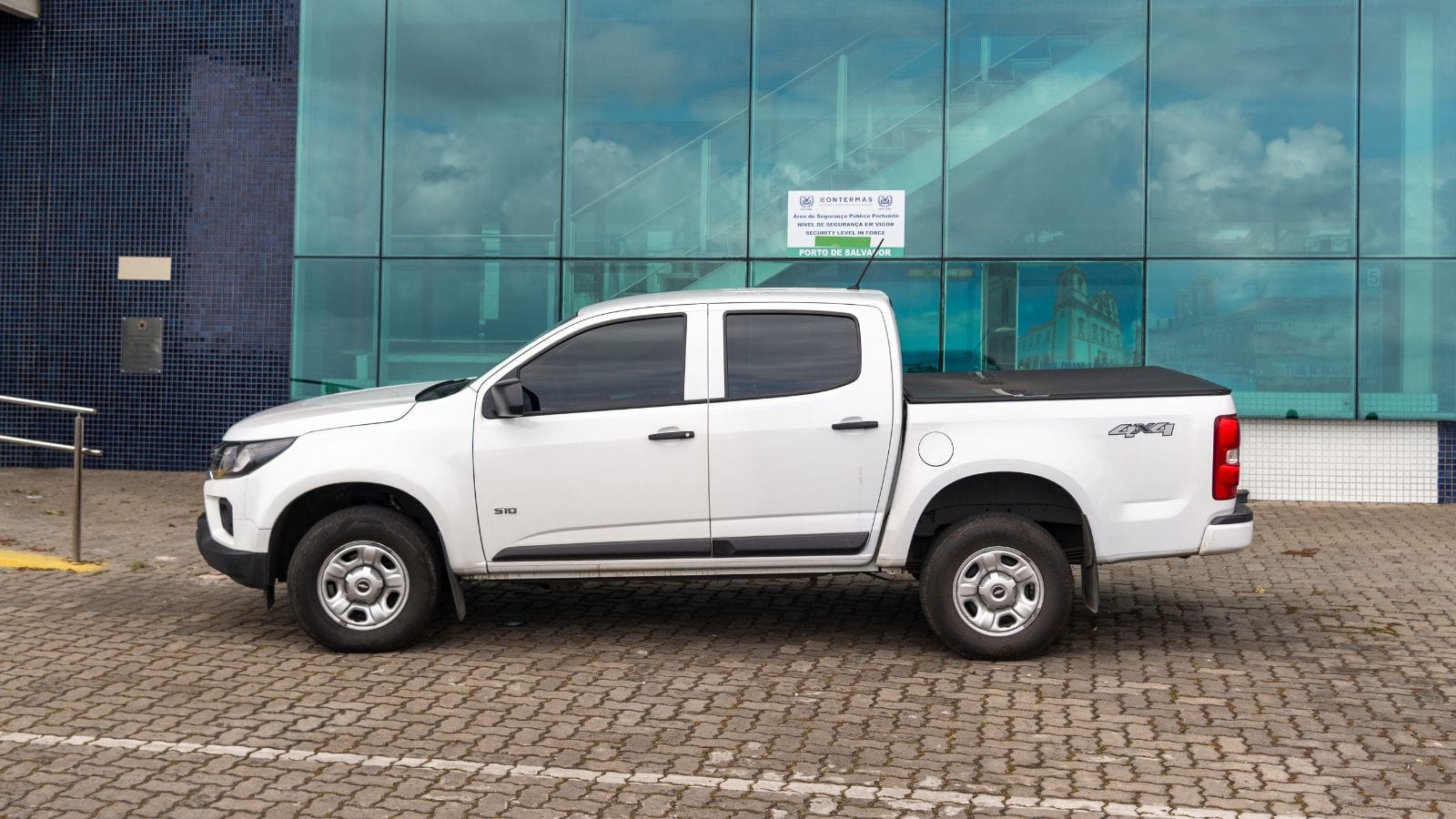
Once a staple of Canadian backroads and worksites, the Chevy S-10 is rapidly being phased out. With the last model produced over two decades ago, parts are scarce, rust is rampant, and cabin comfort does not match today’s standards. As insurance premiums rise for older vehicles and emissions requirements tighten, more Canadians are sending their S-10s to retirement. Midsize trucks like the Toyota Tacoma or Ford Ranger have since claimed this market segment with far more modern appeal, and even loyalists are admitting that it is time to let the S-10 go.
Lincoln Mark LT (2006–2008)
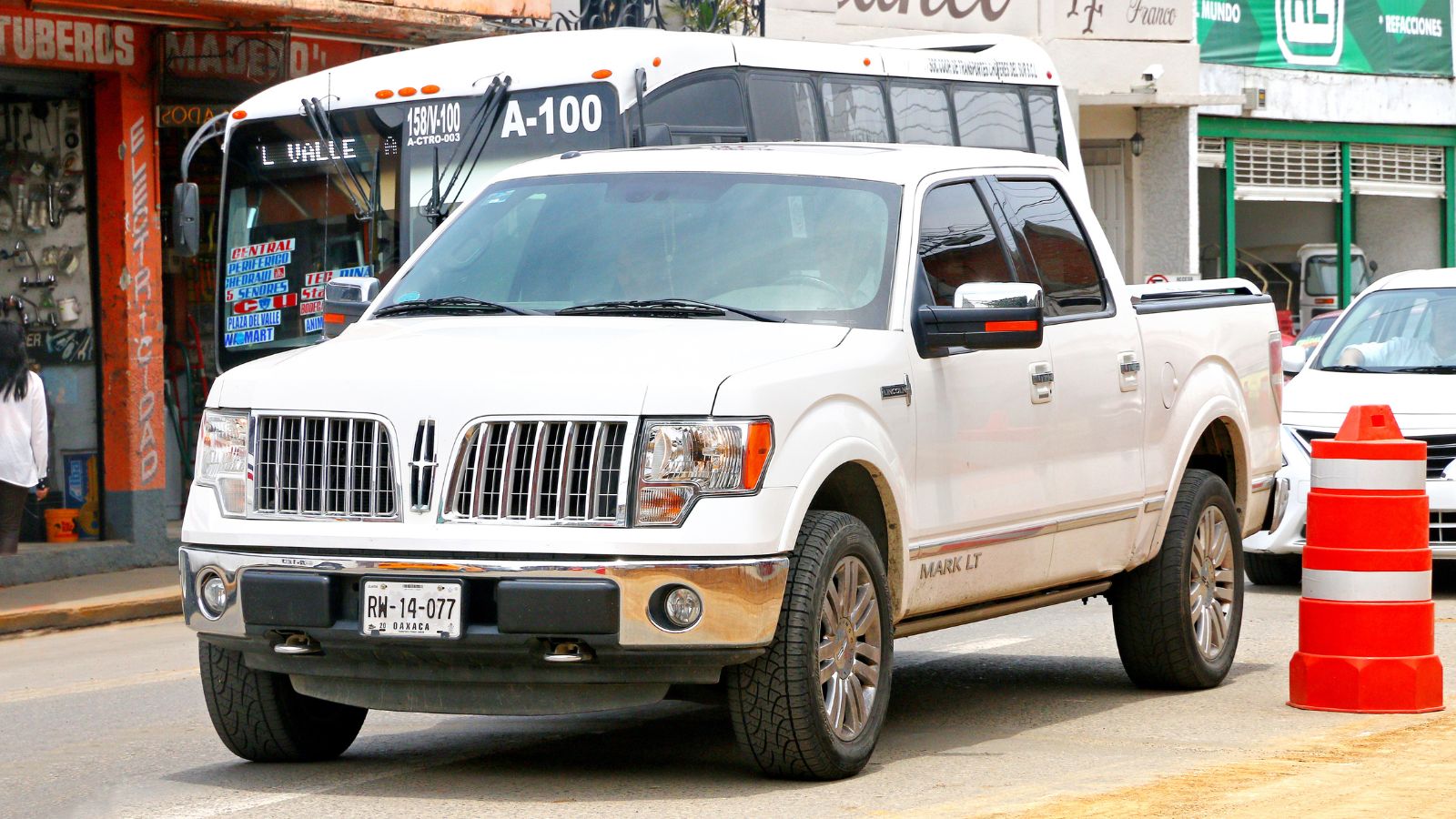
The Lincoln Mark LT attempted to blend luxury and utility, but Canadians never fully embraced the concept. As a luxury version of the Ford F-150, it lacked the brand prestige of actual high-end trucks, such as the GMC Denali or RAM Limited trims. Its production was short-lived, and resale value suffered accordingly. Today, many remaining Mark LTs are being traded in for newer luxury trucks that offer superior interiors, advanced safety tech, and better fuel efficiency. For most owners, it simply didn’t age into the collector’s piece they hoped it would.
25 Facts About Car Loans That Most Drivers Don’t Realize

Car loans are one of the most common ways people fund car purchases. Like any other kind of loan, car loans can have certain features that can be regarded as an advantage or a disadvantage to the borrower. Understanding all essential facts about car loans and how they work to ensure that you get the best deal for your financial situation is essential. Here are 25 shocking facts about car loans that most drivers don’t realize:
25 Facts About Car Loans That Most Drivers Don’t Realize
